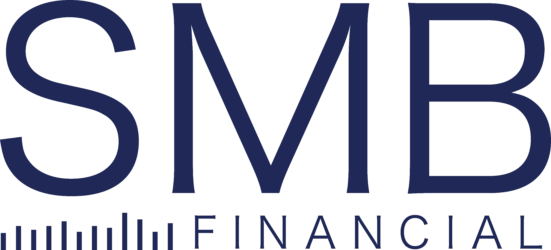That was the ominous query topping The Wall Street Journal’s “Money and Investing” section on March 9, 2009. Exactly 11 years ago today. I was sitting in our office with Bruce and we and our clients had just endured a 56% drop in the stock market over the previous 18 months. There was very little good news that day and we were all bracing for lower stock values.
That day marked the bottom of the stock market and was the beginning of the longest bull market (up market) in history.
Unfortunately, the title works for today too, as stocks fell again… Now down to a level from back in June of last year (see chart).

Today’s news is that Russia and Saudi Arabia are engaged in an oil price battle, which dropped the price of oil 25% to $31/barrel. This is rattling a stock market already sick with COVID-19.
When markets go down like they have the last few weeks, and in 2008-9, investors tend to stay in the weeds and focus exclusively on short-term negative news to the detriment of anything long-term and/or positive. This is not helpful, but it is normal. Today let’s poke our heads up out of the weeds and take a look around.
COVID-19 will slow economic growth.
True. Social distancing, event cancelations, and calls for quarantines will limit how much money consumers and businesses will spend. The falling price of oil today is reflecting this. In regards to large and small businesses, we are already getting reports that revenues are down, with the exception of Costco and a few others. Less revenues mean less profits, so stocks are falling. BUT there are a few silver linings:
- Lower oil prices mean more money in our pockets
- Lower interest rates to pay on our mortgages and for businesses to borrow and invest
- Housing is still strong
- Starting from a strong economy and low unemployment
- The administration is proposing a stimulus package tomorrow to help
COVID-19 will push us into recession.
Maybe. A technical recession is two straight quarters of no economic growth for the country. This may happen, but it will depend on how long the COVID-19 keeps some of us from going out and spending money. The sooner it’s contained the sooner we can get back to normal and get back to growing the economy again.
It’s taken the Chinese two months to gain control of the outbreak, but it’s unclear how long it will take the US. See the chart below – website here – to see new cases of the virus in mainland China leveling off.

Biotech firm Gilead could have the key to a quicker recovery. They developed a drug for the Ebola epidemic called Remdesivir that is being touted by the World Health Organization as a treatment (not to be confused with a vaccine) to shorten the duration and reduce the severity of the virus. It’s undergoing trials currently and we should have more information this month. This will be a gamechanger if it proves effective. We’re watching this closely.
This recession will be like 2008.
Unlikely. The recession we remember best is the one we went through last. The last recession was in 2008-9 and, this is important, the Great Recession of 2008-9 was a systemic problem with the foundation of our economy – the banking system. The banks were on the brink of collapse and the recovery took years. The issue we’re dealing with today is VERY different. Here are some key differences:
- Not financial, but biological/humanitarian – We have the best biotechnology firms in the world working together for a treatment and a vaccine. Just the news of an effective drug should give all of us confidence and result in a nice bump in stocks.
- Not long-term, but short-term – It took 4 years for stocks to recover from the Great Recession low of March 9, 2009 (Happy Anniversary!). There is no evidence to suggest it will take us that long to recover now. Our base case is a recovery in less than a year.
- Not foundational, but it will affect the economy – A slowing of the economy is not all that unusual. Recessions happen quite often – 11 times since 1947 lasting an average of 11 months. Banks are on a much better footing now and will weather the storm much better this time around.
The bottom line is we are disappointed the stock market is down, as always. However, we are looking forward to the day when we can invest more at lower prices and watch those investments trend higher as COVID-19 is conquered.

– Bruce Porter & Tim Porter, CFP®
